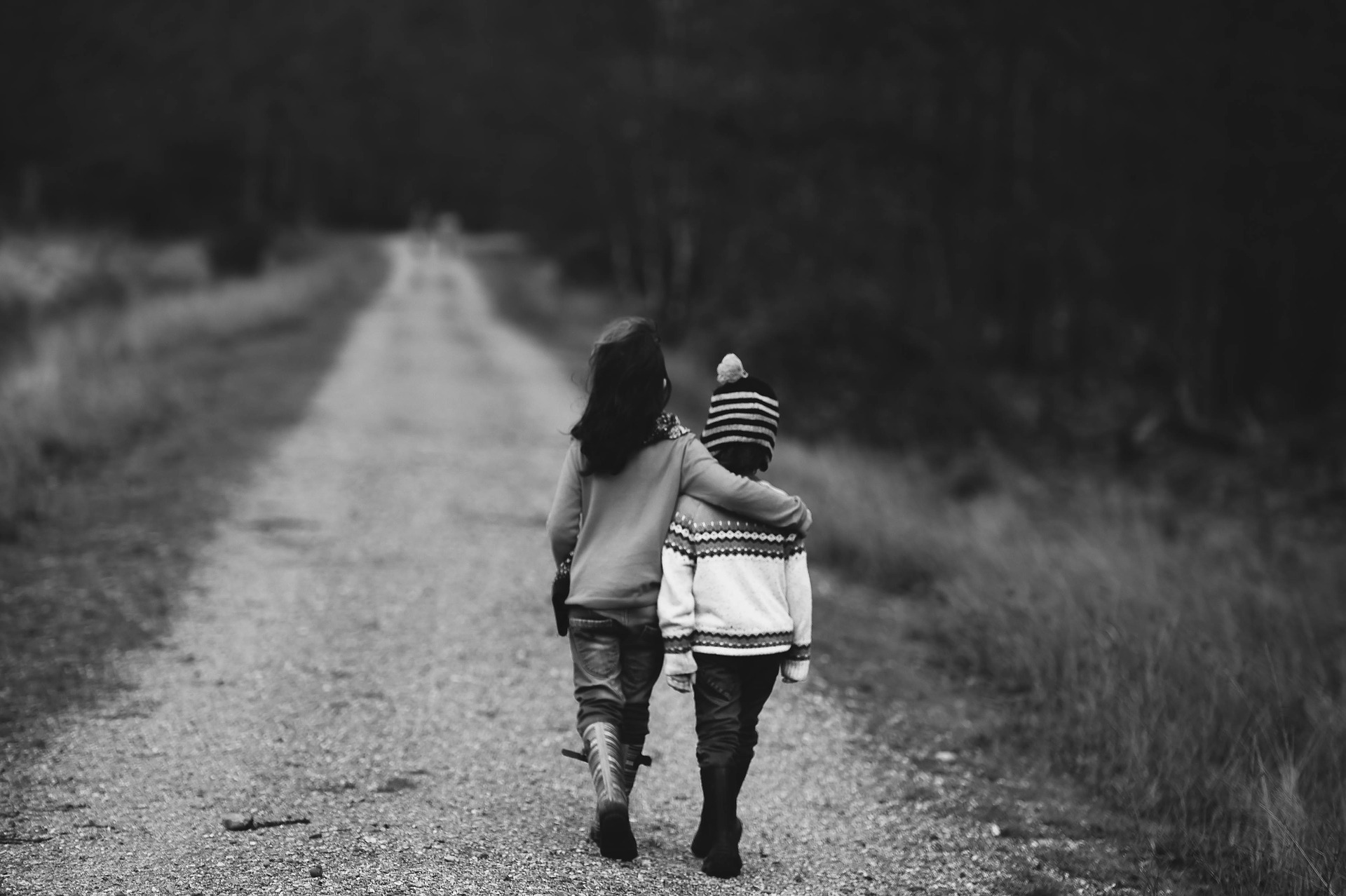By Kaelie Lemmon
As stated by Lao Tzu, “Being deeply loved by someone gives you strength; while loving someone deeply gives you courage.” I discovered this profound truth in my teenage years.
Although I had previously experienced small, nearly unrecognizable feelings of depression, my first stand-still, world-stopping moment occurred during my 8th grade year. At the time, I was a bubbly, fun-loving girl who enjoyed anything social. Attempting to perfect a song on the piano, I grew frustrated and stepped outside to cool my head. I was met with an angry, snowy blizzard. I drew in a few deep breaths and thought how easy it would be to lean up against the side of my house and lose my life to the cold. Terrified of the thought, but more terrified that it had entered my mind, I went into the kitchen, where undesirable notions again filled my head. Shortly thereafter, my depression became debilitating. I remember the nights when I felt like the world was going to collapse on me, or the ocean would surely swallow me up. Searching desperately for an out to find relief from a seemingly invisible plain, I turned to my older sister. In the safety of my sister’s presence, my walls would crumble, and hours were spent unleashing a cascade of words, emotions, and fears.
What enabled me to reveal the most vulnerable, broken pieces of myself to another individual? Certainly, a strong foundation of love. Love perpetuated a trusting relationship that allowed me to view my sister as a safe haven in my most dire moments. My sister’s love gave me the confidence and motivation to reach out and seek the help I so desperately needed. My sister’s love allowed me to finally love myself. Love has the power to create a foundation wherein lives can be transformed. Surely, love is a healer of hearts and an invitation to change.
Among the greatest human needs, the ones that truly make us human are love and connection. Children can explore and learn about the world around them when they have a secure base in their mother’s love. This enables them to later have a zest and appreciation for the life that their mother’s love helped them discover. As children grow older and enter new relationships, love provides the basis for deep connection and close relationships. Accordingly, self-expansion transpires through the help of close relationships, aiding the individual to gain perspective, confidence and motivation to reach out and seek the help I so desperately needed. My sister’s love allowed me to finally love myself. Love has the power to create a foundation wherein lives can be transformed. Surely, love is a healer of hearts and an invitation to change.
Among the greatest human needs, the ones that truly make us human are love and connection. Children can explore and learn about the world around them when they have a secure base in their mother’s love. This enables them to later have a zest and appreciation for the life that their mother’s love helped them discover. As children grow older and enter new relationships, love provides the basis for deep connection and close relationships. Accordingly, self-expansion transpires through the help of close relationships, helping the individual to gain perspective, knowledge and support. In comparison to a variety of other emotions, including guilt and shame, love has been the most influential in the process of individual change.
It is widely believed that change is largely inspired by the avoidance of pain. Therefore, if an individual feels bad enough, they will change. Change, however, is not well motivated by coercion, guilt, or shame. Ironically, as stated by William Miller, an American psychologist, “such experiences can even immobilize the person, rendering change more remote.” In contrast, interaction that is founded on love can provide needed support for change to occur. Psychologist Duane Boyce adds, “People respond primarily to the way we feel toward them. More important than our knowledge, our skills, or our education, is simply our goodness, the quality of our hearts.”
No fix-it mentality, coercive method, or shaming technique compares to the powerful effect that love provides. Love becomes an instrument of hope and change. As vulnerable and intimidating as it may seem, we must be willing to take a step into the water to extend a hand to those who feel like they are drowning, as if the ocean will surely swallow them up. The gift of love that transformed me has given me the transformative power to help others. Our goal should be to demonstrate compassion rather than coercion, to foster connection rather than correction, and to truly and deeply love rather than condemn, because that is where change begins.
Through the power of love, countless lives have been transformed from a living hell to something beautiful, mine included. Life is more than simply breathing, and it is love that paves the way for a worthwhile existence full of meaning and connection. Truly as stated by Mahatma Gandhi, “where there is love, there is life.”
 Kaelie Lemmon is a senior undergraduate student in the Family Studies program at Brigham Young University. Upon graduation, Kaelie will be pursuing a degree in Marriage and Family Therapy. The author wishes to thank Julie Haupt and the BYU School of Family Life Public Scholarship Committee for their suggestions and careful review of this blog.
Kaelie Lemmon is a senior undergraduate student in the Family Studies program at Brigham Young University. Upon graduation, Kaelie will be pursuing a degree in Marriage and Family Therapy. The author wishes to thank Julie Haupt and the BYU School of Family Life Public Scholarship Committee for their suggestions and careful review of this blog.

